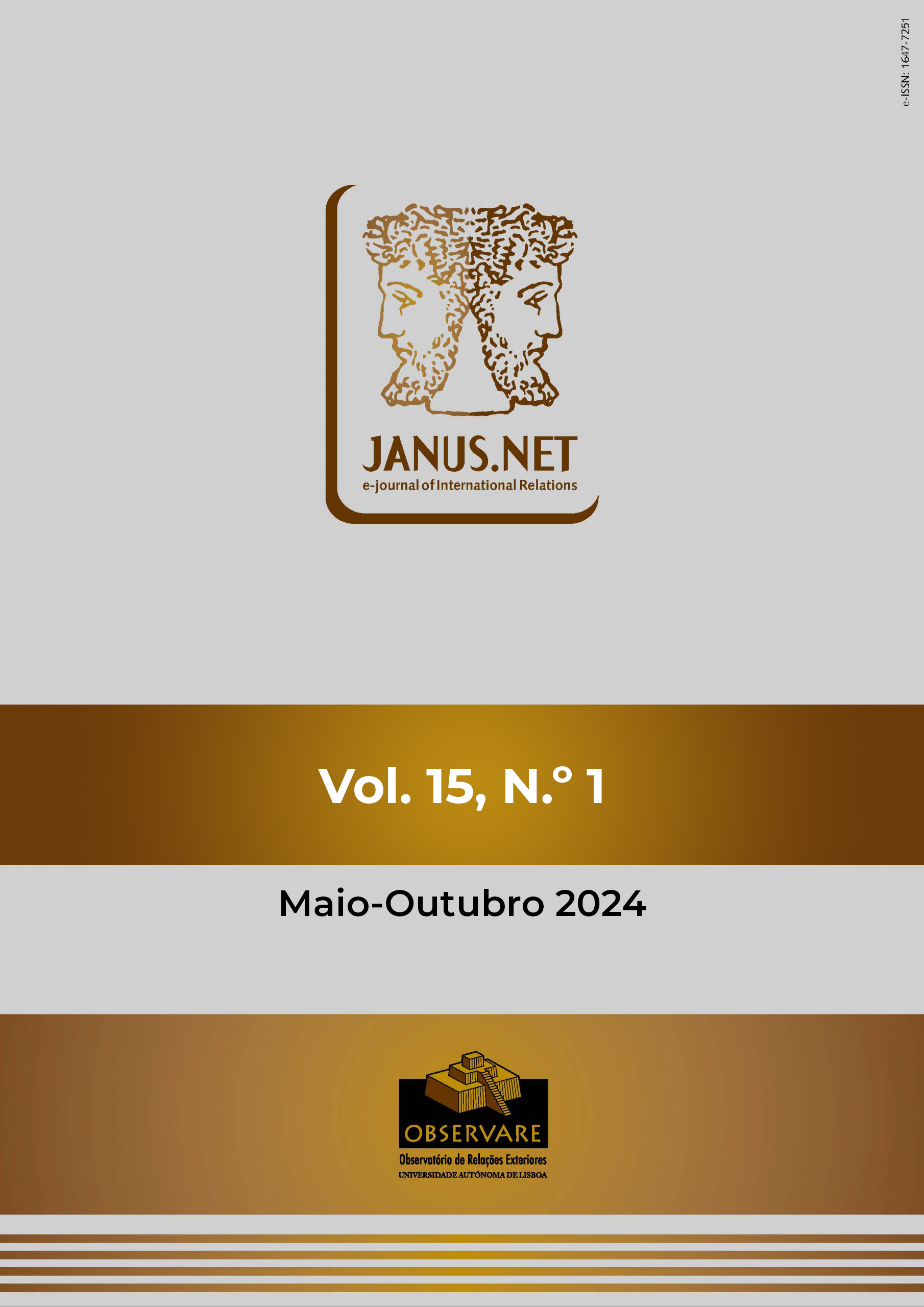THE REGIME SECURITY AND ALLIANCE POLITICS IN THE MIDDLE EAST
DOI:
https://doi.org/10.26619/1647-7251.15.1.2Keywords:
Alliances, the Middle East, the Arab Uprisings, Balance of Power, Regime SecurityAbstract
This article seeks to systematically understand the logic of unstable alliances in the post revolutionary Arab Middle East. On what basis do the states in the Middle East enter into alliances with each other and what variables influence their fluid coalition-forming policy? Contrary to mainstream approaches that explain the nature of alliances through variables such as the balance of power, anarchy, identity, and external threats, however, understanding the mechanisms and empirical complexities of the alliance-making policy of Middle East states go beyond those variables. The present study proposes using the theories of alliance in international relations as an approach to 'regime security', an alternative integrated framework in understanding the roots of alliance in the Middle East. Despite the changes in international and regional politics, the main interest for each of the Middle East states is still to ensure the survival and security of their political regime. The options of foreign relations and alliances of the states in the Middle East are based on their dynamic action to maintain the security of the ruling regime against potential internal and external threats. In such a situation, alliances are formulated as transnational coalitions among potential allies to ensure the survival of political regimes. In line with the test of the main idea of the article, a case study of regional alliances in the Middle East is discussed.


